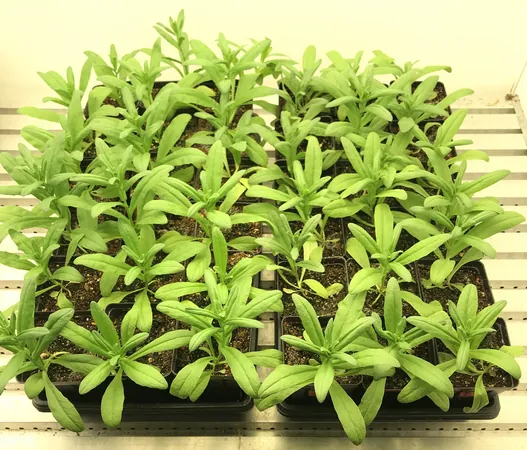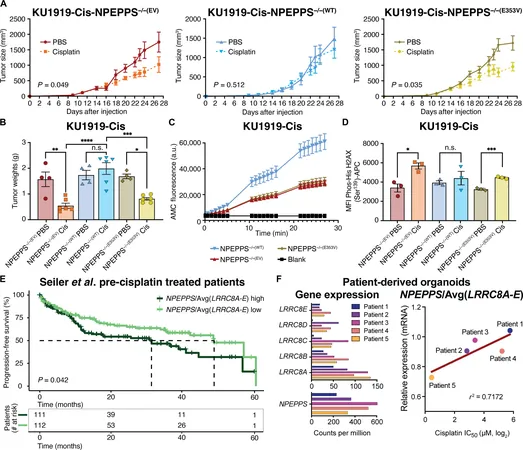
Revolutionary Synthetic Biology Breakthrough Could Transform Plant Oils into Next-Gen Biodiesel
2024-12-09
Author: Arjun
Introduction
In a groundbreaking advancement for biodiesel production, researchers at Kansas State University may have unlocked the secrets to transforming lesser-known cover crops like pennycress and camelina into high-yield sources of specialized plant oils. These crops could soon rival traditional oilseed giants such as canola and soybeans.
Research Details
Led by Timothy Durrett, a professor of biochemistry and molecular biophysics, and doctoral candidate Linah Alkotami, the research team utilized cutting-edge synthetic biology techniques to dramatically enhance the production of acetyl-triacylglycerols (acetyl-TAGs) in these plants. Originally derived from the burning bush plant, these oils can now be produced at near-pure levels of 93% in camelina and an impressive 98% in pennycress—a staggering improvement from the initial average of around 50%.
Significance of Acetyl-TAGs
What makes these acetyl-TAGs particularly valuable is their low viscosity and superb performance in cold temperatures, critical traits for any fuel intended to replace traditional diesel. Durrett emphasized the potential this has for agricultural profitability: "With these acetyl TAGs, farmers could directly use the oil as fuel without needing subsequent chemical processing. This means they could not only grow their fuel but also enjoy greater energy independence and greater profits."
Challenges in Oilseed Engineering
Historically, oilseed engineering has faced numerous challenges, particularly regarding the adaptation of enzymes to produce systematically pure oils in various plants. However, through innovative approaches, Durrett's team has made significant headway. In fact, their current purity levels exceed those found in the original burning bush, showcasing a remarkable technological and scientific achievement in the field.
Future Research Directions
But the research doesn't stop here. The team is committed to understanding the broader implications of their modifications: "Whenever we create these changes in a seed, the plant tends to react, and we're still working diligently to understand these responses," Durrett pointed out.
Farmers' Interest and Crop Viability
Farmers are closely monitoring these developments. The ability of pennycress to survive through winter allows for planting in late fall and harvesting in early spring, making it an appealing cash crop. Currently popular in northern U.S. regions, there are aspirations to expand the cultivation of these innovative crops across the country as understanding and commercialization grow.
Collaboration for Broader Applications
Moreover, Durrett is collaborating with Umut Yucel, an associate professor of food science, to explore the diverse applications of these oils beyond biodiesel, potentially revolutionizing their use in the food industry, emulsifiers, and lubricants.
Conclusion
As these innovative biotechnologies continue to evolve, the future looks promising for sustainable fuel sources and the agricultural community, potentially reshaping how we think about energy independence in America.

 Brasil (PT)
Brasil (PT)
 Canada (EN)
Canada (EN)
 Chile (ES)
Chile (ES)
 España (ES)
España (ES)
 France (FR)
France (FR)
 Hong Kong (EN)
Hong Kong (EN)
 Italia (IT)
Italia (IT)
 日本 (JA)
日本 (JA)
 Magyarország (HU)
Magyarország (HU)
 Norge (NO)
Norge (NO)
 Polska (PL)
Polska (PL)
 Schweiz (DE)
Schweiz (DE)
 Singapore (EN)
Singapore (EN)
 Sverige (SV)
Sverige (SV)
 Suomi (FI)
Suomi (FI)
 Türkiye (TR)
Türkiye (TR)